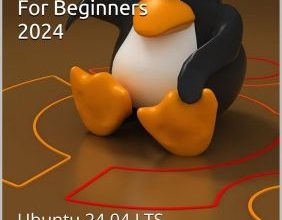Vector Calculus, By Steven G. Krantz, Harold Parks


Vector Calculus, By Steven G. Krantz, Harold Parks
English | 2024 | ISBN: 9781003304241 | 682 pages | True PDF | 28.42 MB
Using meaningful examples, credible applications, and incisive technology, Vector Ca1culus strives to empower students, enhance their critical thinking skills, and equip them with the knowledge and skills to succeed in the major or discipline they ultimately choose to study. This text is intended to be a cornerstone of that process. An engaging style and clear writing make the language of mathematics accessible, understandable, and enjoyable, with a high standard for mathematical rigor.
A calculus book must tell the truth. This book is carefully written in the accepted language of mathematics in a readable exposition. It includes useful and fascinating applications, acquaints students with the history of the subject, and offers a sense of what mathematics is all about.
Technique is presented, yet so are ideas. The authors help students to master basic methods and discover and build their own concepts in a scientific subject. There is an emphasis on using modeling and numerical calculation.
Additional features include
A Quick Quiz and Problems for Practice, Further Theory and Practice, and Calculator/Computer Exercises appear at the end of each section.
All exercise sets are step laddered.
A Look Back and A Look Forward help students put the ideas in context.
Every chapter ends with a Genesis and Development section, giving history and perspective on key topics in the evolution of calculus.
Boxed Insights clear up points or answer commonly asked questions.
The text has an extra-large offering of examples.
Examples are illustrated with meaningful and useful graphics.
The pedagogical features make the subject more interesting and accessible to students than other texts, while maintaining an appropriate rigor. —Daniel Cunningham, CSU-Fresno
This text is truly well written and organized. I do like the fact the book is quite rigorous, yet full of illustrative examples. —Bob Devaney, Boston University





